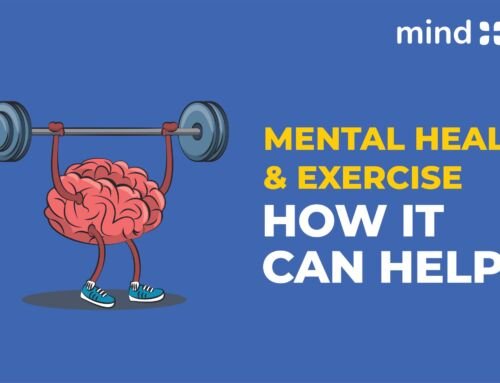Mindfulness, Benefits, and Mindfulness Exercises to Find Calm in Any Age
By Amanpreet Singh, Psychologist
Mindfulness means being aware of what you do, about your surroundings, your activities, and bodily sensations, and paying attention to your thoughts or any work you do. Engaging in mindfulness means training your mind to live in the present moment, trying to avoid thinking about the past and future.
Benefits
Decreased ruminating Rumination is decreased by mindfulness, according to various research. Those who do mindfulness have a lower level of negative emotions. Additionally, they had fewer negative thoughts and depressive symptoms. In addition, the meditators can have much more working memory capacity and are better able to maintain attention in their performances.
Lowering of stress
Much research has shown how stress can be reduced through mindfulness. The researchers concluded that mindfulness-based therapy might help modify the affective and cognitive processes that are at the root of numerous clinical disorders. Practicing mindfulness meditation reduces anxiety and negative affect while increasing positive affect. Mindfulness-based stress reduction had considerably lower levels of stress.

Increases working memory
Mindfulness also helps with working memory. Doing mindfulness regularly increases working memory. Few studies have been conducted to see the result in increasing memory which has shown that mindfulness works in hiking working memory capacity. Working memory is meant to be increased when we remain in the present moment and aware of all circumstances and the functioning of the mind improves.
Less sensitivity to emotion
The idea that mindfulness meditation decreases emotional sensitivity is also supported by research. Researchers found that mindfulness meditation practice helped people detach from emotional settings and help to focus on their routine tasks.
More adaptability in the mind
Another conducted research depicts that mindfulness meditation may increase people’s cognitive flexibility in addition to reducing their reactivity. Those who are practicing mindfulness seem to be better at self-observation, which makes them aware of their behavior and helps them to change the earlier learned behavior. This helps to make him more adaptable to difficult circumstances.
Reducing Impulsivity
Mindfulness makes the person calmer and helps to reduce impulsivity in the mind. It helps the individual to be a better watcher in a situation rather than being impulsive according to a situation. Circumstances make the person more impulsive and produce a bad effect on others but mindfulness makes you relax in every situation and behave in a better way.
Satisfaction in a relationship
A person’s capacity for mindfulness can help one to handle the stresses in the relationship, as they can manage their conflict well. The ability to cope with problems in relationships increases and communication goes better.
Empathy
Practicing mindfulness fosters empathy. Practicing mindfulness regularly creates empathy in the client or even in the therapist. It is good for both, the therapist and client, to do mindfulness daily and even in sessions.





